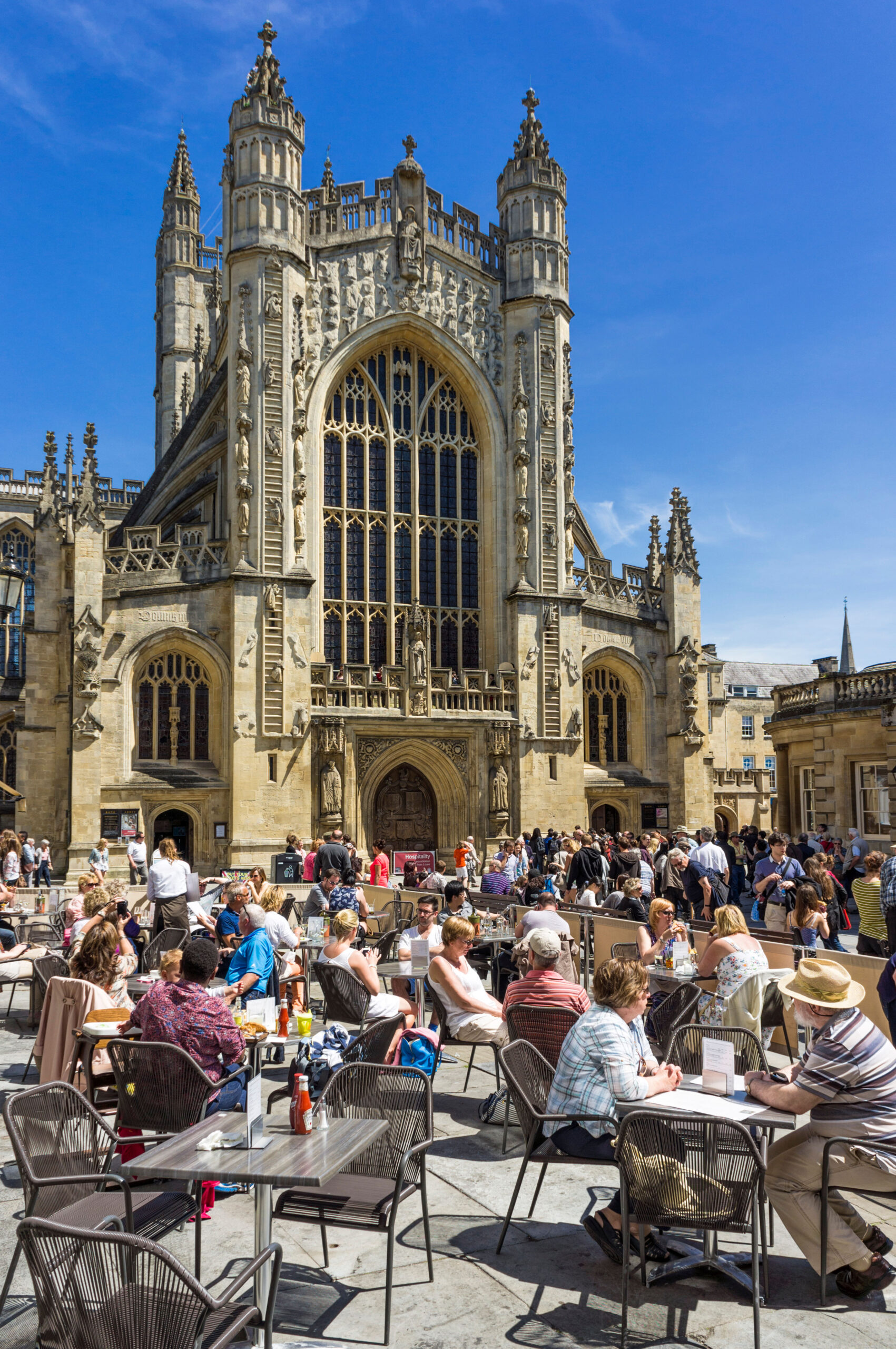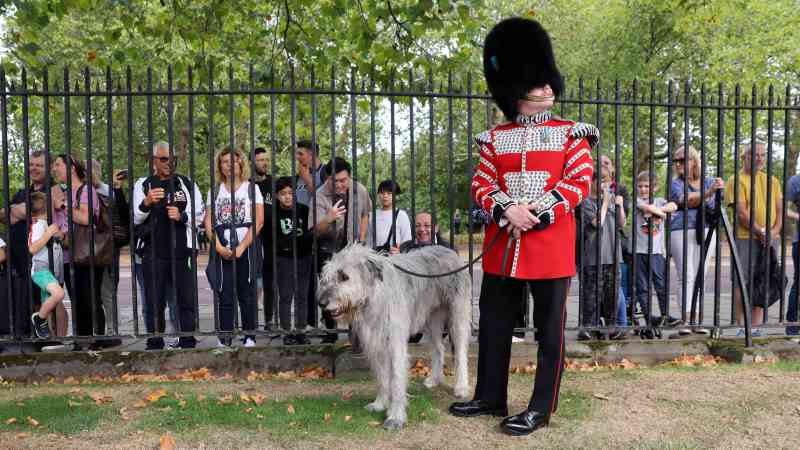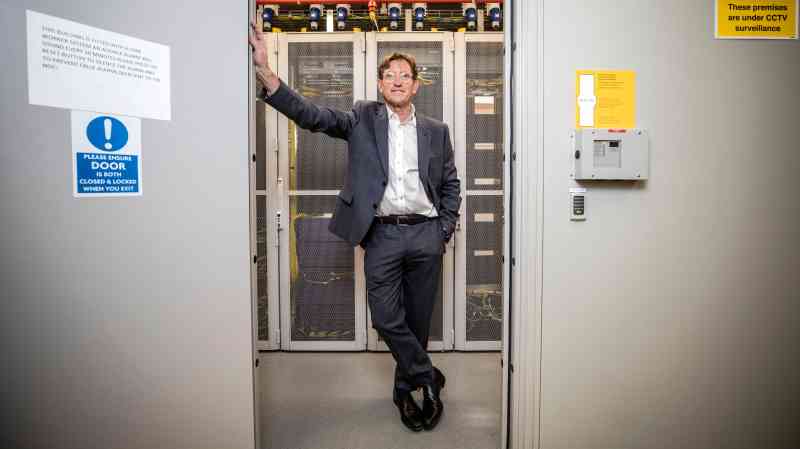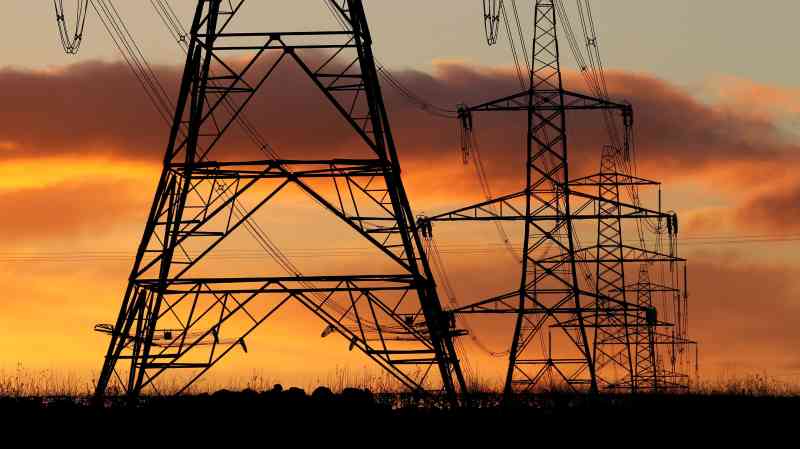Tourism counts cost of missing visitors
The UK is facing a £2.8 billion shortfall in tourist spending, with the country attracting almost three million fewer overseas visitors a year than it was before the pandemic, according to an analysis of official data.
While other industries have regained pre-Covid levels of activity, the tourism sector is lagging, research by the Centre for Economics and Business Research think tank suggests.
Inbound visitor numbers rose in 2022 and 2023, but were still down on 2019. Numbers reached 38 million last year, well down on the 40.9 million recorded in 2019. Even for this year, the numbers will be down, with VisitBritain projecting inbound tourist numbers of 38.7 million for 2024.
Spending is also sharply down in real terms. After adjusting for inflation, spending by overseas tourists is said to have fallen by 8 per cent, or £2.8 billion, compared with 2019.
Comparing visitor numbers last year with pre-lockdown 2019, the cities with the biggest shortfalls were Brighton, down by 32 per cent Newcastle, down 26 per cent, and Oxford, off 23 per cent, while Bath is 22 per cent lower. By contrast, tourist numbers are up in Liverpool, Edinburgh, Inverness and Manchester, albeit all at rates of less than 10 per cent.
The CEBR blamed the relatively poor showing on a “general cautiousness surrounding international travel”, resulting from unfavourable economic conditions, weak consumer confidence and the lingering effects of the pandemic.
Across the Continent, visitor numbers to Britain’s main competitors are forecast to return to growth this year relative to before the pandemic. “This suggests that the UK is falling behind its closest competitors as a tourist destination,” the CEBR said.

Competitiveness is the key factor cited by the think tank, with overall prices in Britain in 2024 running 23.5 per cent higher than in 2019. Inflation in spending categories favoured by tourists was higher still: the cost of accommodation was 35.8 per cent higher than in 2019, restaurants were 28.7 per cent costlier, while air fares had rocketed by 47.6 per cent, it said.
To add fuel to the fire, the tourism industry is also being hit by the termination of the UK’s tax-free shopping scheme, another disincentive to visitors to come to Britain.




Post Comment